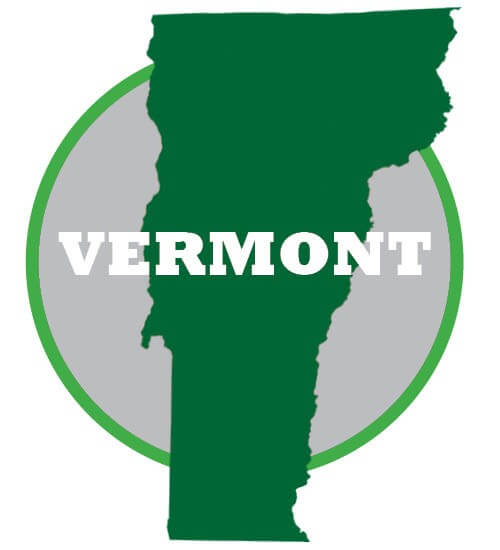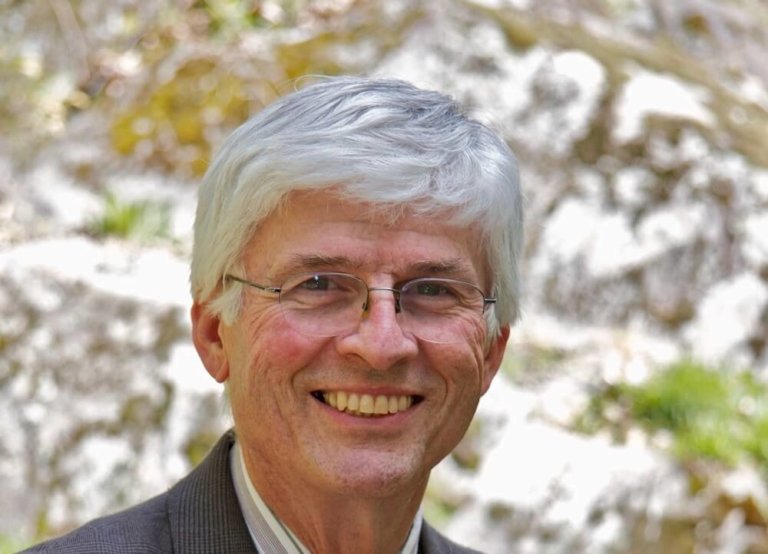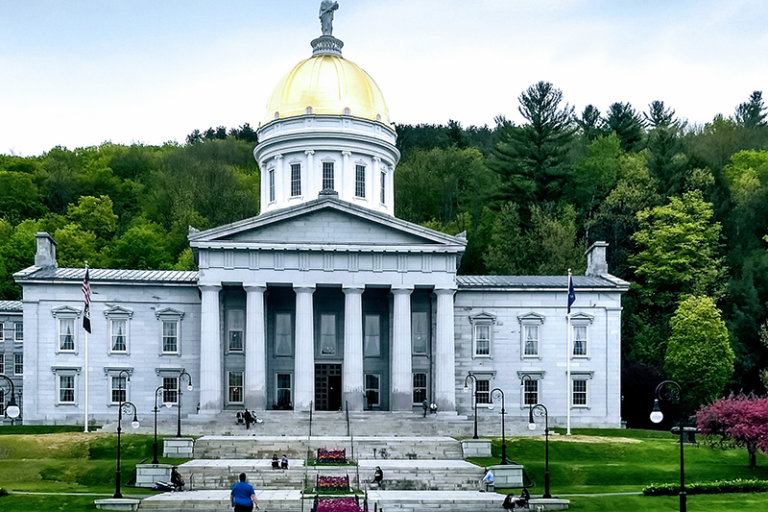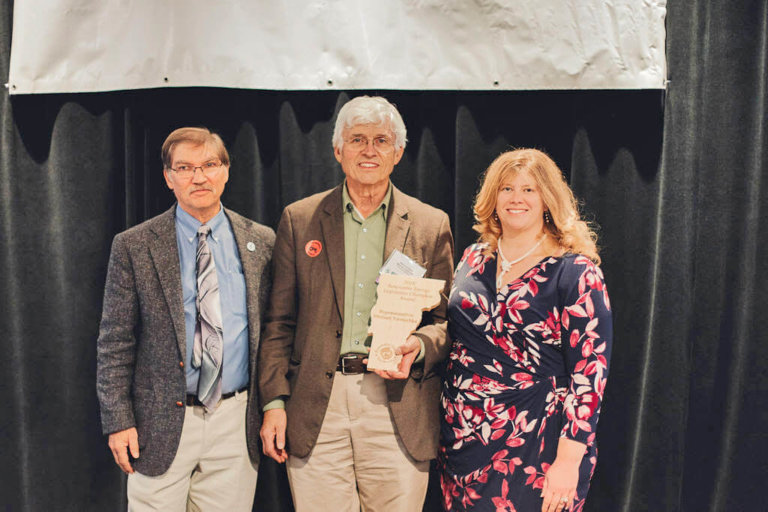Vermont COVID-19 ongoing response
The ubiquitous news regarding the novel Coronavirus (COVID-19) continues to pervade our consciousness. The Vermont Department of Health, Vermont Emergency Management, and the various health care providers around the state continue to take steps to monitor the situation and adopt a coordinated response.






